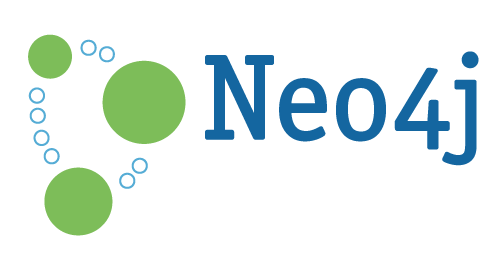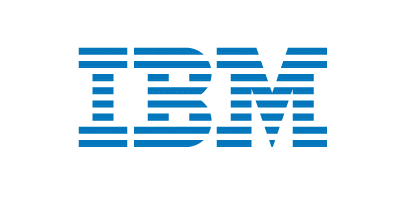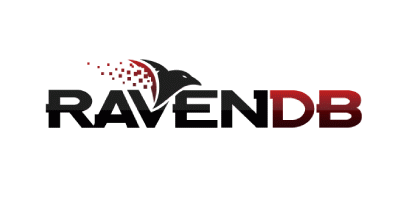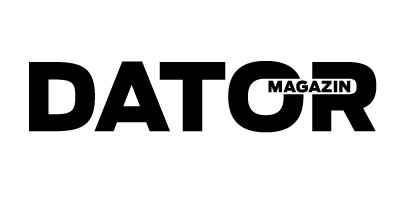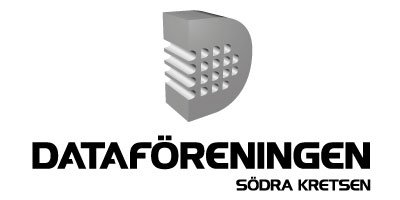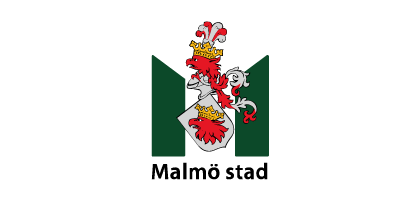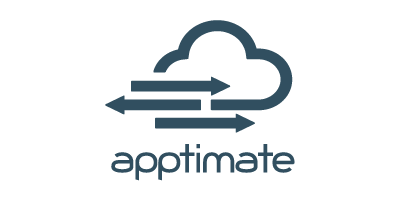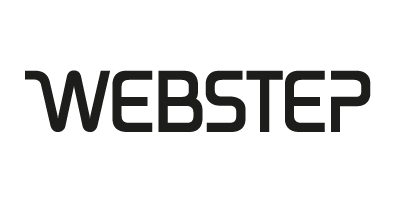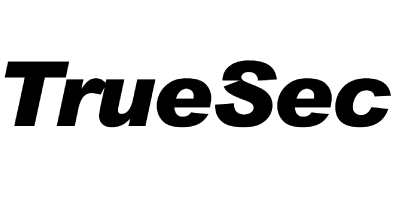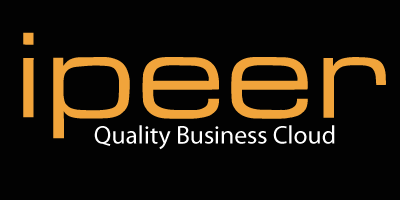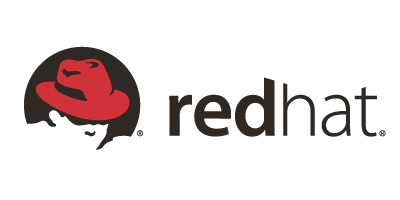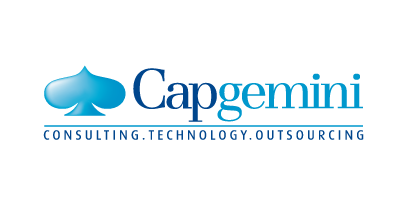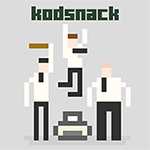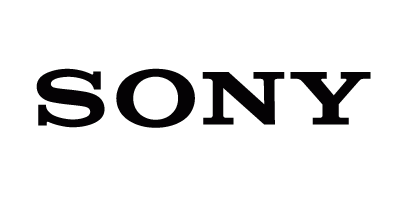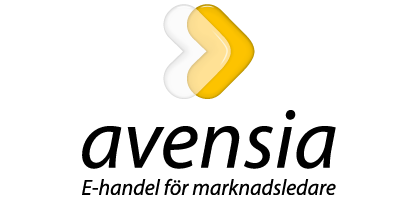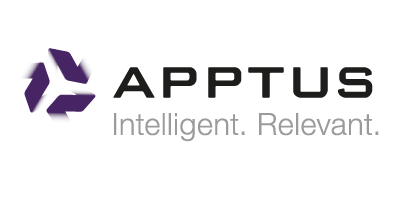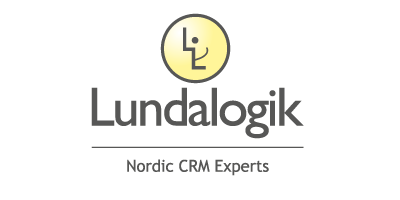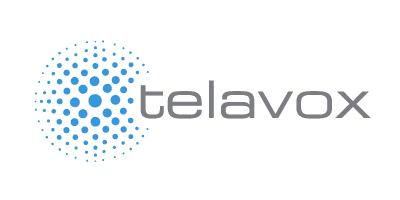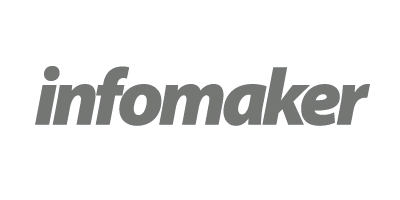The inevitability of Smart Dust - a session at Øredev 2014
WED
16.40 - 17.20
The inevitability of Smart Dust
Over the next decade we will see the death of the general purpose computer. Everyday objects are already becoming smarter and in 10 years time, every piece of clothing you own, every piece of jewelry, and every thing you carry with you will be measuring, weighing and calculating. In 10 years, the world—your world—will be full of sensors. Those sensors will necessarily need computing power, and computing will almost inevitably diffuse out into our environment along with those sensors. We've been talking about smart dust—general purpose computing, sensors, and wireless networking, all bundled up in millimeter-scale motes drifting in the air currents, flecks of computing power, settling on your skin, ingested, monitoring you inside and out—since the late 90's. Technology is finally catching up—the major stumbling block is powering the systems—passive power generation techniques, like vibration harvesters, have already been scaled down quite nicely, and their meager energy output is well-suited to the equally tiny energy requirements of the new smart dust. But the ubiquity of smart dust—the instant availability of computing power and the blanket sensor coverage—means that this technological change will drive social change. The diffusion of computing into the environment will mean not just that computing power is always available, but that this computing power will drive ubiquitous monitoring and surveillance. The only real question is who will have access to the sensors, computing power, and to the data it generates. Whether the architectures for the smart dust networks will be peer-to-peer and make that computing power and sensing available to individuals, or whether the network architectures will centralise command-and-control into a few hands. In the first case the sociological changes that will drive are enormous, in the past we've seen that quantifying things, informing us, quantifying the world, allows us to make better decisions. Data leads to data led decisions. In the later case—whether those hands are governmental or corporate—we could end up in the middle of a smart dust war, where competing networks battle for ground—in the air around you, even on your skin. We stand at the edge of another paradigm shift in computing, which like the smart phone, and the desktop computer before that, will drive social change. How that change affects us is still to be seen.

